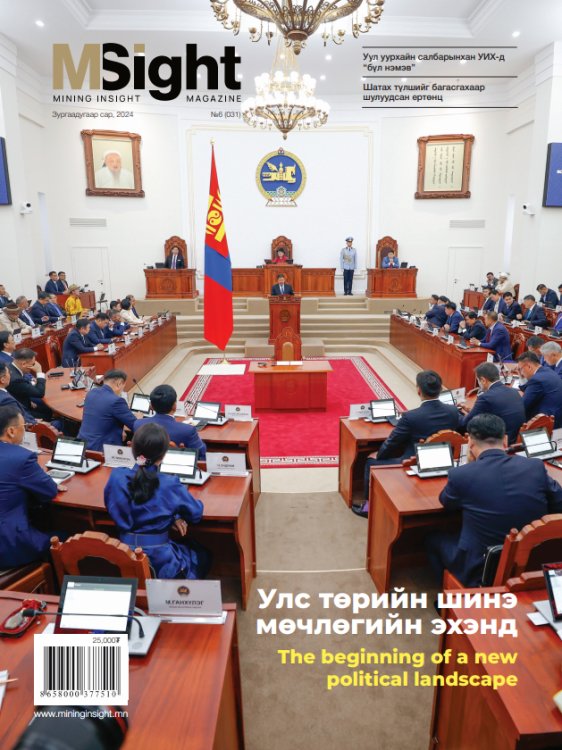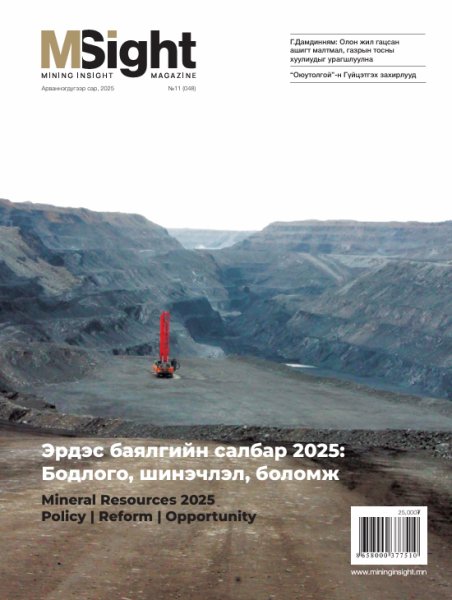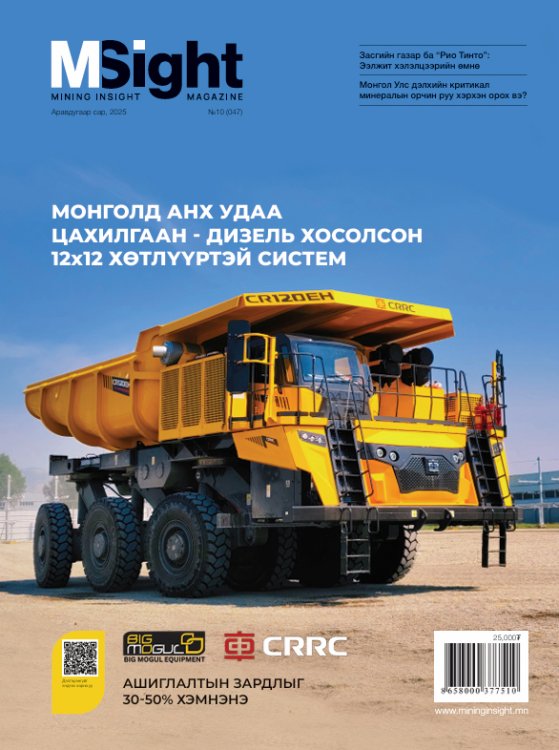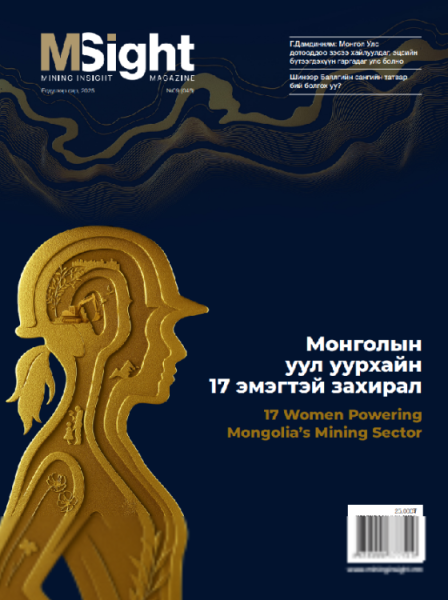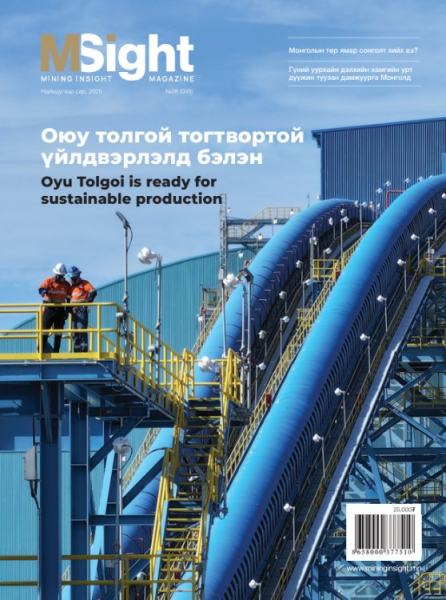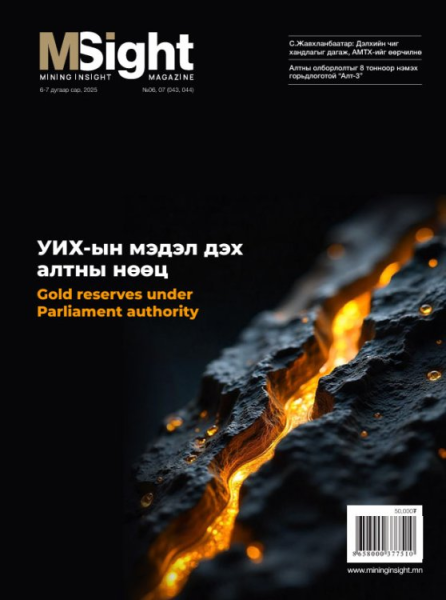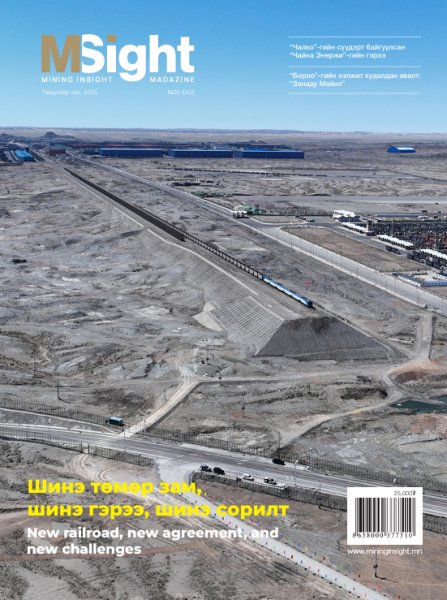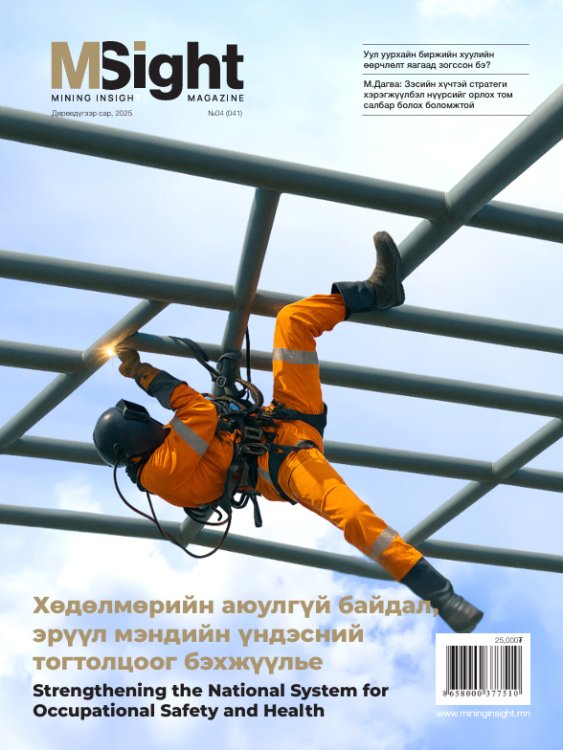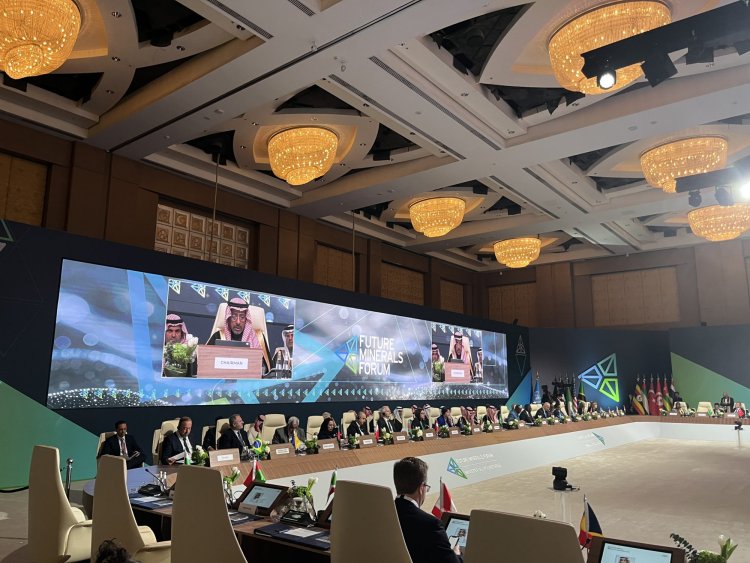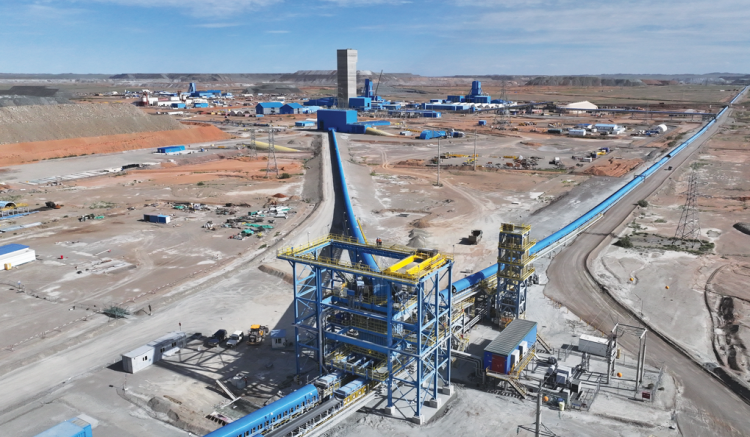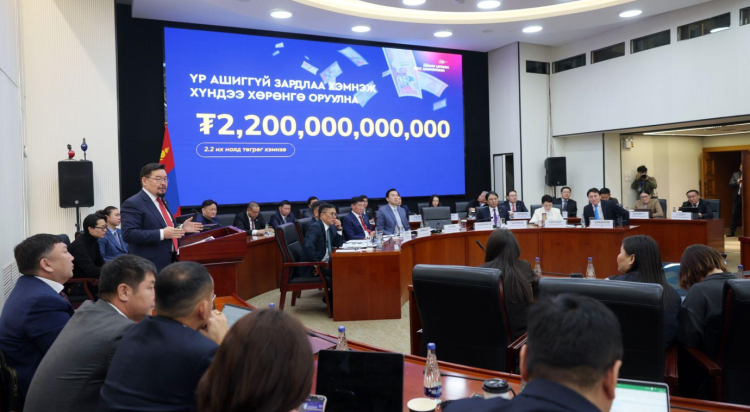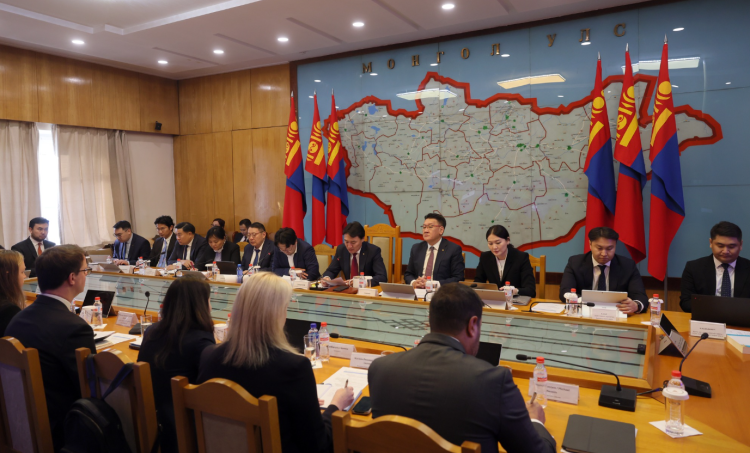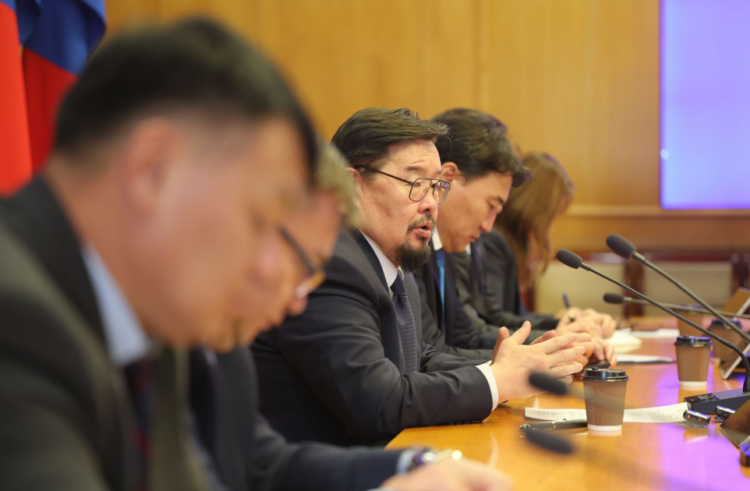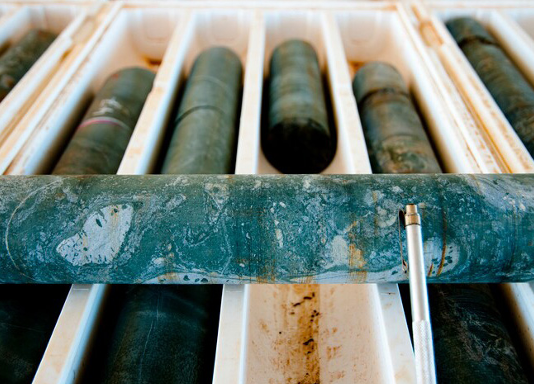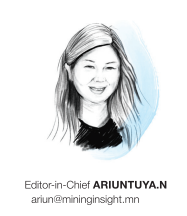
Following the results of the ninth parliamentary election, a new era in Mongolian politics has commenced. On June 28, 1.4 million Mongolians visited polling stations to elect the first expanded Parliament consisting of 126 members. This election, following a constitutional amendment, employed a mixed system to elect 78 members from 13 zoning constituencies and 48 members from party and alliance lists. The Mongolian People's Party (MPP) secured 68 seats (54%), followed by the Democratic Party (DP) with 42 seats (33.3%), the Labour Party (HUN) with eight seats (6.3%), the National Coalition with four seats (3.2%), and Civil Will–Green Party with four seats (3.2%). While MPP, the ruling party won the majority for the third consecutive time, it fell short of an absolute victory. Nearly half of the Parliament seats were claimed by other parties and coalitions, including smaller parties, which contributed to the formation of a robust opposition alongside DP. This marks a significant step towards a multi-party democracy in Mongolia. The election also set several precedents in the country's parliamentary history. For the first time, Parliament comprises representatives from six parties (including the National Democratic Party and the Green Party which are within the National Coalition), highlighting broad party participation.
Additionally, it boasts the highest number of female members ever, with women comprising 25% or 32 seats in the new parliament, including the first Kazakh woman. The proportional representation system significantly increased female representation, tripling the previous record. Moreover, representation of disabled individuals was achieved through parties garnering the highest votes. Notably, former presidents contested and were elected to Parliament for the first time after their presidential terms ended. However, beyond these developments, the most significant outcome of this election is a reflection of society's demand for checks and balances after eight years of single-party dominance. It represents the will of the people who were concerned about the potential for a closed regime and the concentration of absolute power within one party. This election underscores Mongolia's commitment to democracy, a free society, individual and business freedoms—not just a critique of the DP, which has struggled with disorganization and inability to institutionalize over the past 30 years. In this context, it serves as a reminder to all skeptics of democracy. As the parties that have secured seats in Parliament, whether large or small, prepare to serve the country's interests, development, and citizens' aspirations, they stand at the threshold of a new era of responsibility.
They are poised to strengthen Parliament's democratic role by fostering constructive debates, competing for solutions rather than deadlock, and shaping policies that promote national development. This presents a rare opportunity to breathe new life into Mongolia's 32-year-old parliamentary tradition—a task that cannot be overlooked. Mining Insight remains committed to keeping you informed about the latest mining news in Mongolia. In this issue, we spotlight members of the new Parliament with ties to the mining industry—those who represent mining interests, and own mining companies or licenses. Additionally, we delve into how the parties and coalitions elected to Parliament plan to fulfil their mining-related election promises. Their platforms reveal both commonalities and contrasts, offering intriguing insights that warrant closer examination. Learn more in the June issue of Mining Insight.
Mining Insight Magazine, June 2024



